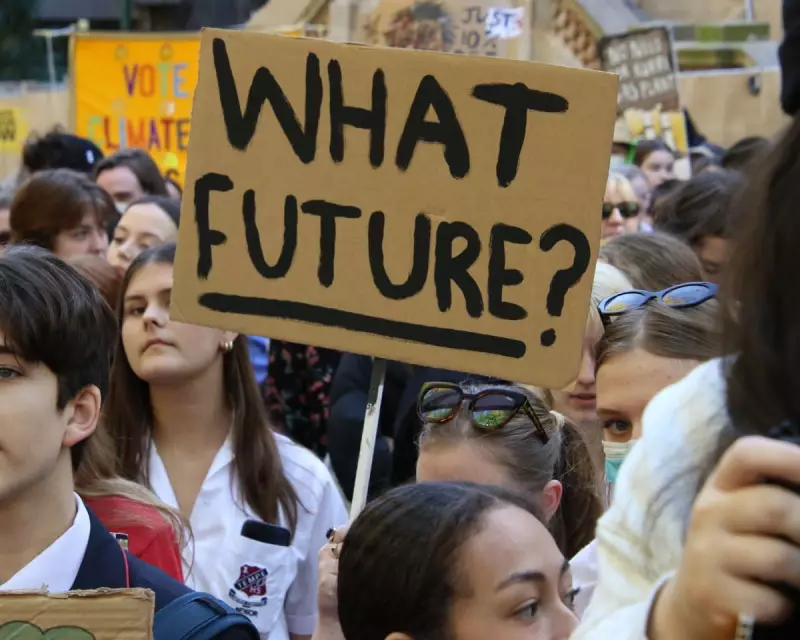
A profound generational split in attitudes towards the climate crisis has been exposed by the latest Guardian Essential poll, revealing that young Australians are significantly more optimistic than their elders about the world's ability to avert catastrophic global warming.
A Growing Sense of Gloom on Climate Action
The survey of 1,020 Australians found a general sense of gloom surrounding climate action. Just 53% of respondents now believe that climate change is happening and is caused by human activity. This figure represents a slight decline from March 2025, when 54% held this view.
Meanwhile, 31% of voters told pollsters they believe the world is merely experiencing normal climate fluctuations, with a further 16% remaining undecided. This marks a shift from earlier in the year, when 35% attributed climate changes to natural fluctuations and 11% were unsure.
Peter Lewis, the Executive Director of Essential Media, commented that the polling on climate shows a general sense of doom around whether action will create meaningful change.
The Stark Generational Divide
The most striking finding is the chasm in outlook between age groups. The poll indicates that twice as many older Australians as young adults believe the world is powerless to prevent the worst effects of our rapidly heating planet.
Among respondents aged 18-34, half (50%) were optimistic that the worst climate effects could still be prevented, with only 40% disagreeing. In stark contrast, those aged 55 and over were far more pessimistic. A mere 26%—just over a quarter—of this demographic believed prevention was possible, while 56% expressed disbelief.
Despite this pessimism on solutions, a significant 59% of all respondents confessed to being worried about the catastrophic impacts of climate change.
Broader Concerns and Political Shifts
The climate crisis is not the only issue weighing on the Australian public. The poll found even greater concern about other emerging threats. Some 67% of respondents stated they were worried about the development of self-aware AI, and 62% expressed anxiety that rising inequality could lead to social upheaval.
Conducted before Australia withdrew its bid to host the Cop31 climate summit, the poll found limited public support for the push, with just 38% in favour, 22% opposed, and a large 40% undecided. Mr Lewis suggested that the government may have benefited from not hosting the event, noting, While Chris Bowen has a big job in the next Cop, the fact that it won't be held here is probably a net positive for the government.
The survey also tracked a small uptick in Prime Minister Anthony Albanese's approval rating, which rose from 45% to 47%, giving him a net plus-four approval. Conversely, opposition figure Sussan Ley saw her approval drop slightly from 32% to 31%, resulting in a net negative-13 approval rating.
In a separate but significant finding, the poll revealed an overwhelming public appetite for government action on gambling advertisements. Nearly two-thirds of voters backed either a total ban or dramatic restrictions on when such ads can be shown, with 40% calling for an outright prohibition.





